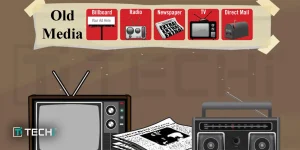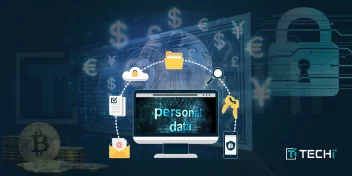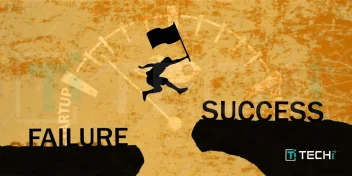Google’s war against torrents is being kept quiet. No announcements. No press releases. You will only find the story in blogs that are carefully watched.
In essence, Google is removing keywords from their Suggest and Instant results so that they are no longer recommended when people start typing them. If you continue all the way through on a term such as “BitTorrent,” Google will offer the results. Reluctantly. They won’t help you out at all, even if you type all the way to the “n.” Try typing in “BitTorren” without the last “t” into Google.
Apparently, they have no idea what you’re talking about.
It’s their search and they’ve made their choice. The funny part is that something as relatively harmless as downloading torrents is considered taboo on Google, but there are plenty of other more harmful searches that Google is all too willing to recommend…






92 User Comments
Alex
Actually #37 this is the very definition of censorship. Censorship is any attempt to filter or remove information from consciousness. Of course there are ways around censorship, there have always been. The point is that it is happening one step at a time. It’s not a question of being “too lazy” to hit the enter key or the fact that they are censoring autocomplete instead of results. The point is that a private corporation is censoring media under pressure from another private organization.
It is a big deal mainly because this is the exact foot-in-the-door the RIAA and MPAA needed. By censoring torrents, Google sent the world several messages; the most prominent of which is that torrents (and the websites who host them) are illegal.
nerys
I see the points of those saying “it’s not really censorship since they don’t block search results”, and if the item in question (bittorrent) was unquestionably and unambiguously illegal, I wouldn’t really have a problem with Google’s position. However, what some people seem to forget is that downloading media is not inherently illegal in any way shape or form. Yes yes, I know people will probably throw figures and statistics at me (most of which are likely made up and have no verification or citation), explaining that the vast majority of downloading is illegal, but if you’ve spent any time browsing Legal Torrents or other similar sites, legally offering content, with the consent and blessing of the owners of said content, and if you’re heard the commentaries from musicians and others who argue that the downloading culture has actually generated fans for them (and revenue as a result, in many cases)… let’s just say this is about as stupid as adding an extra tax on blank tapes (anyone else remember the 80s) or blank CDs. Plain and simple, it’s punishing those who use the process legitimately. I’ve seen this time and time again: 1) make a problem seem worse than it is, especially when the only so-called victims don’t really need any help, 2) offer a solution that make it seem like you’re helping to solve the “problem”, 3) ignore the fact that the solution doesn’t actually solve anything in a practical sense.
mofolarry
I just did a search on “bit tor” and the 1st result was bittorrent.com.
big deal if it doesn’t autocomplete. the info it’s still there. that’s like complaining that these spam companies send me mails to enlarge my schlong but they don’t send me love poems, which is what i really want.
lame.
AJ
Come on people, read the article. If you’re not familiar with Google’s Instant or Suggest features, figure that part out first.
King Keepo
It’s certainly not autocompleting for me (www.google.com from the UK):
Love the examples used in the article, it really shows how petty this is. Can we get the State to threaten to sue for all the other illegal stuff you can search for?
(er, hell no BTW)